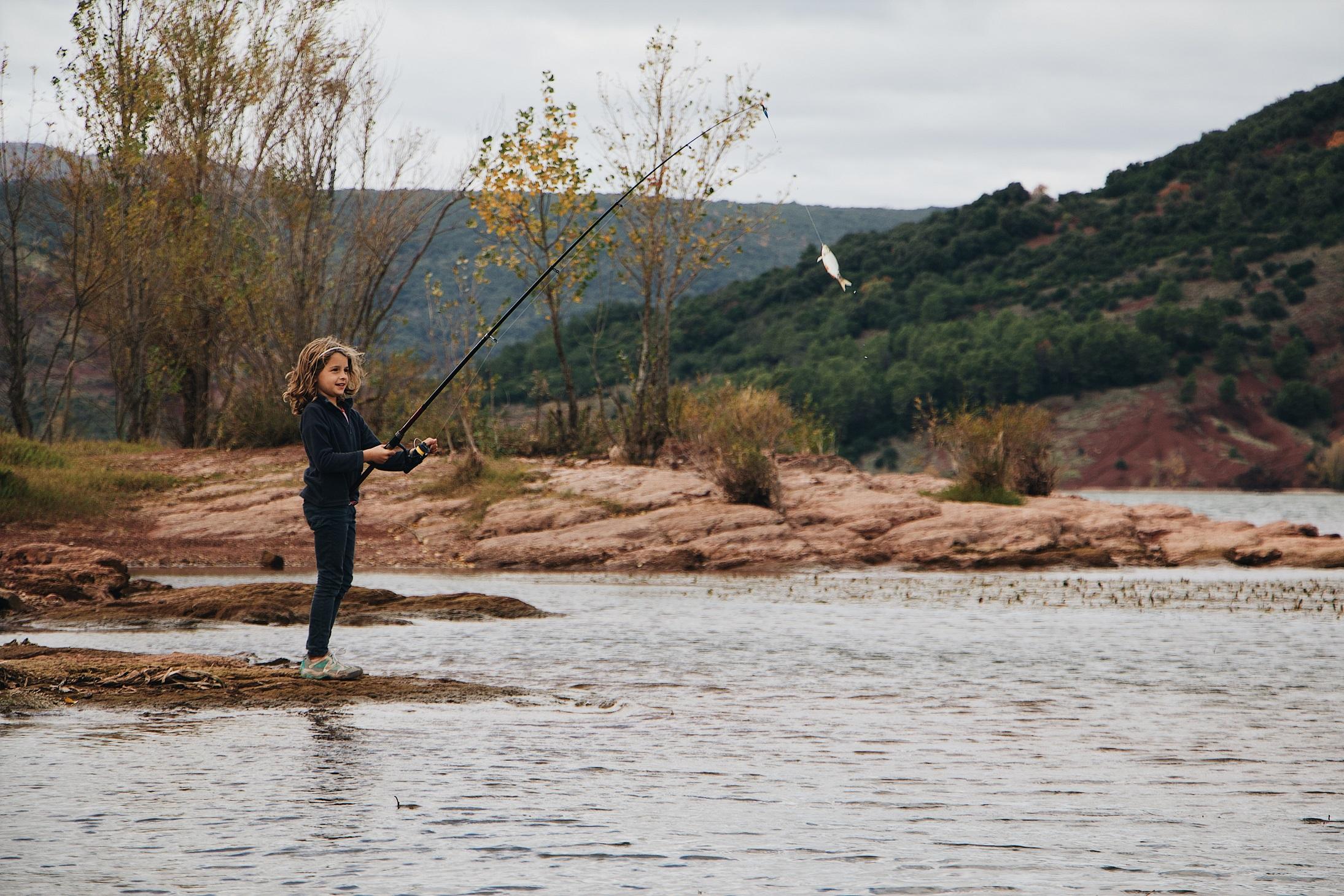


What Qualities does Fishing Promote in Children?
26 September 2023
For those who take part, fishing is a way of life. Many people who give it a go soon find themselves hooked (excuse the pun). Fishing is very child-friendly, too. It’s not too strenuous, is practised in relative safety, and is easy to get into. For children, time spent fishing can be positive for many reasons. Fishing gets them outside, offers a peace and tranquil environment, and gives them a chance to succeed quickly at something.
Patience
Fishing requires patience. Nothing can be achieved without waiting. In the modern world, children rarely have to delay gratification. There’s always an instant result. When fishing, children have to get used to the fact that they have to wait for their success. Nurturing patience in this way will help children in their wider lives, such as in their schoolwork or when handling social situations. They’ll be able to apply themselves to longer tasks and won’t get as frustrated when things don’t immediately happen for them.
Accepting failure and disappointment
As children learn to be patient, they’ll also learn that sometimes they fail. In fact, in fishing they’ll learn that things fail more often than they succeed! What they will come to understand, though, is that failure isn’t the end point. Yes, they will encounter setbacks and disappointment - the fish won’t bite, the conditions in the pond might not be right, or the session could be rained off - but given time they’ll come to learn that having perseverance will see them to success. And in doing so, they’ll feel a greater sense of satisfaction and self-esteem.
Skills of planning and preparation
As children learn the importance of accepting failure and disappointment, they’ll find that there are things they can do to help maximise their chances of success. Fishing is a long game. It requires forward planning, most of which is done before you even set foot out of the house, such as deciding which fishery or pond to go to, or whether the weather is optimal. Once children are fishing, they’ll also need to consider where along the bank to pitch up, what bait to use, and what methods and changes they might need to make to get the fish to bite.
Curiosity
There’s a lot to learn about fishing. First, the intricacies of the equipment are immense - what rods to use, which baits suit which fish, whether you need hooks, bobbers or lines, and the various fishing knots involved. Also, there’s the fish themselves. There’s a lot to learn about the different species of fish: which baits they go for, how the seasons and conditions affect them, and so on. Fishing truly opens up a sense of wonder and adventure in children. There’s a lot for them to ask, and a lot for them to learn.
An appreciation of the great outdoors and the environment
Going hand-in-hand with developing a child’s sense of curiosity is the opportunity to go outside and learn about the great outdoors. Fishing encourages questions and observations about the natural world. Around the pond, children will see many animals - birds, insects, frogs, newts and small mammals - and hopefully they will learn about the vast ecosystems that can be found right on their doorstep. They’ll also gain an appreciation of how they themselves need to be responsible for nature. There are ethical ways to catch fish, and people who fish always consider how many fish should be caught and how many should be left in the water to ensure a healthy environment. Simply getting out there and being outdoors will allow children a greater appreciation for the world around them.
